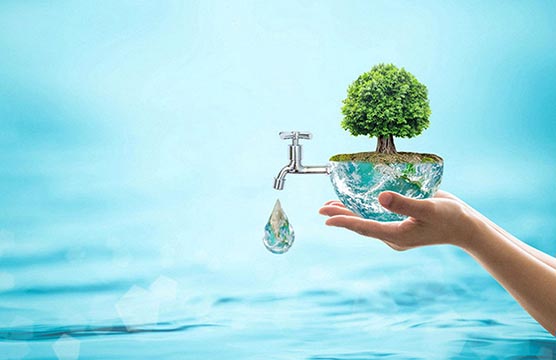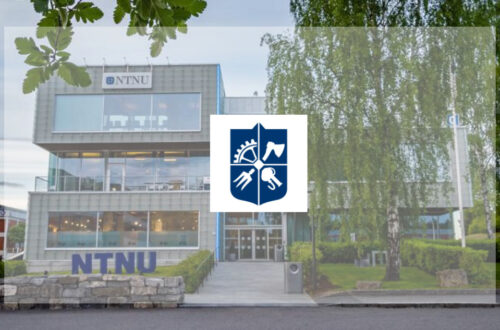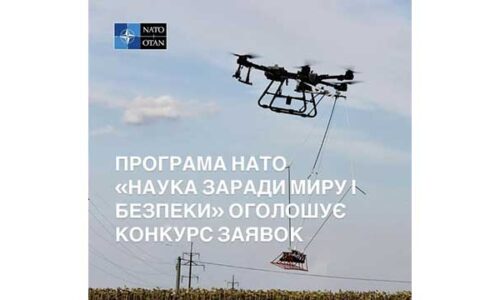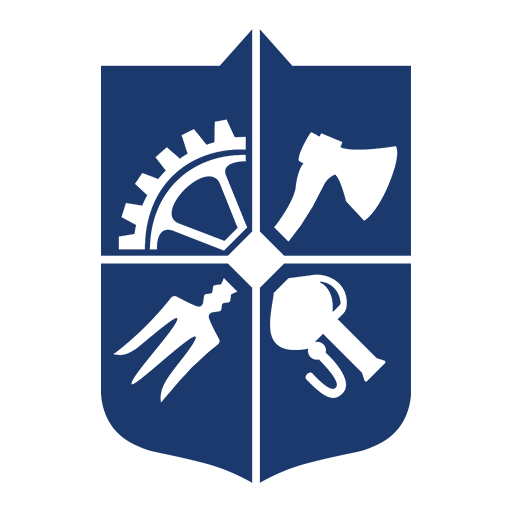
Kyiv Polytechnic hosts international conference on pressing problems of water purification, solutions
The eighth International Scientific and Practical Conference, titled “Clean Water. Fundamental, Applied and Industrial Aspects,” took place at the Igor Sikorsky Kyiv Polytechnic Institute (KPI) in the Ukrainian capital city on November 9-10, 2023. The two-day event was dedicated to the 125th anniversary of the University.
The conference topics are vitally important for Ukraine, given the military aggression by Russia. This heinous aggression has not only disrupted centralized water supply, sewage and wastewater treatment systems, but also caused great damage to the environment and the condition of natural water reservoirs due to the destruction of energy facilities, water intake and water treatment facilities and, of course, the criminal blowing up of the Kakhovka hydroelectric power plant dam.
The conference was organized with the support of the Kyiv Representative Office of the Polish Academy of Sciences, the National Academy of Sciences of Ukraine, Lublin University of Technology, Gdańsk University of Technology, UNESCO Chair in Higher Technical Education, Applied Systems Analysis and Informatics at KPI, and the KPI Ukrainian-Polish Center. The event was held online via Zoom.
Leading KPI scientists and representatives from several research institutes under the National Academy of Sciences of Ukraine, the National Academy of Agrarian Sciences of Ukraine, the Polish Academy of Sciences, the Ministry of Environmental Protection and Natural Resources of Ukraine, prestigious universities of Ukraine and Poland, as well as the Hof University of Applied Sciences (Germany) and the University of British Columbia (Canada) presented their scientific achievements for review and discussion. Among the attendees were representatives from industrial enterprises, companies, and firms, including Promtehvod LLC (Kyiv) and MARCOR Company Ltd (Poland).
In total, the conference brought together more than 100 participants from five countries (Ukraine, Poland, Germany, France, and Canada). The areas of their research were aligned with the themes of this scientific meeting such as “Natural Water Treatment Technologies and Technical Aspects of Water Supply”, “Monitoring and Forecasting the State of Natural Reservoirs in Conditions of Intensive Water Consumption”, “Wastewater Treatment Technologies, Sediment Disposal, Biological and Biochemical Aspects, and Technical Aspects of Wastewater Disposal”, “Water Supply and Wastewater Disposal in the Conditions of Military Aggression. Reconstruction of Damaged Water Supply and Sewerage Facilities” and “Generating Energy and Energy Carriers from Waste”.
The plenary session was opened by Larysa Sabliy, Professor at the KPI Faculty of Biotechnology and Biotechnics, who gave a presentation titled “Modern Efficient Technologies for Industrial Wastewater Treatment in Ukraine”. The attendees also heard reports such as “Technological and Technical Solutions for Rapid Restoration of Water Supply in a Settlement” by Prof. Viktor Khoruzhyi, Head of the Department of Water Supply and Sewerage at the Kyiv National University of Construction and Architecture; “Strategies for Improving Process Water Recycling Technology in the Dairy Industry” by Jan Marjanowski from MARCOR and Jakub Drewnowski from Gdańsk University of Technology; “Combination of Near-Natural and Innovative Wastewater Treatment as an Effective Component of Sustainable Water Resource Protection in Rural Areas” by Andreas Aicher, Researcher at the Institute for Sustainable Water Systems at Hof University; and others.
Specifically, sessions heard exhaustive reports and presentations relevant to conference themes.
The conference addressed important aspects of water supply, sewage and water treatment in national and transnational dimensions. It explored the rational use of water resources in Ukraine, Poland, Germany, France, and Canada; problems of ensuring proper water quality and the safety of water for human health. The scientific discussions also covered methods and technologies of water treatment; as well as ways to improve the operation of existing treatment facilities and modernize equipment with a view to saving material and energy resources.
Summing up the results of the conference, key points included:
- Proposals for developing new methods and technologies for treating natural surface and groundwater, wastewater of various origins by both physicochemical and biological techniques using active sludge, immobilized microorganisms, associations of microorganisms-destructors, and anammox bacteria
- Consideration of methods for the reuse, disposal of municipal and industrial wastewater sludge, which make a rational and balanced approach to their utilization
- Identification of priority areas for natural and wastewater treatment, emphasizing the importance of minimizing economic and material costs, while ensuring compliance with regulatory requirements for the quality of treated water, waste processing to generate energy, environmental conservation and protection.
Read a collection of materials from conference proceedings here: http://purewater.net.ua


You May Also Like

Competition for Scholarship from Norwegian Technical University of Science and Technology
22.09.2021
Japanese piano virtuoso gives charity concert for Ukraine at Kyiv Polytechnic
17.10.2025
